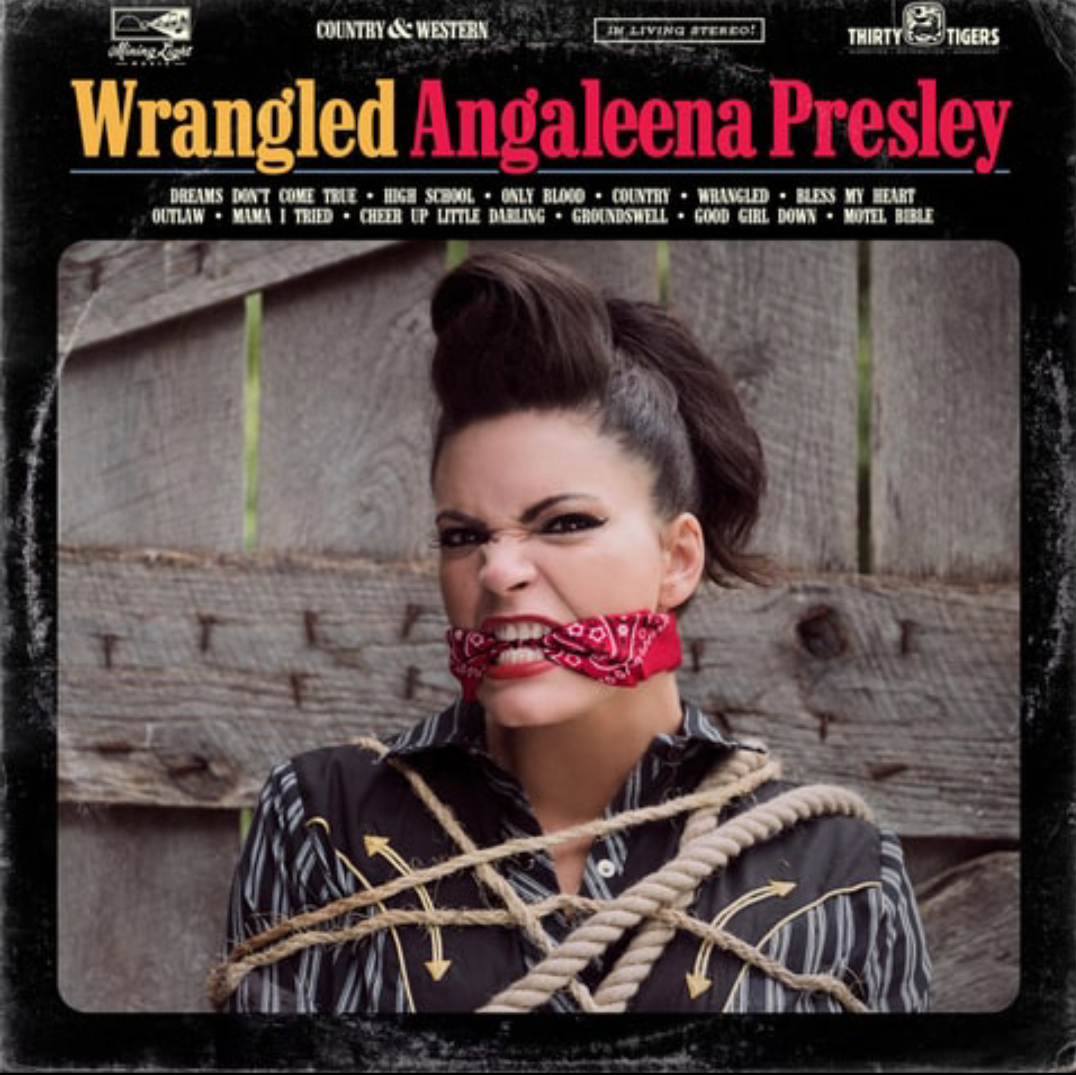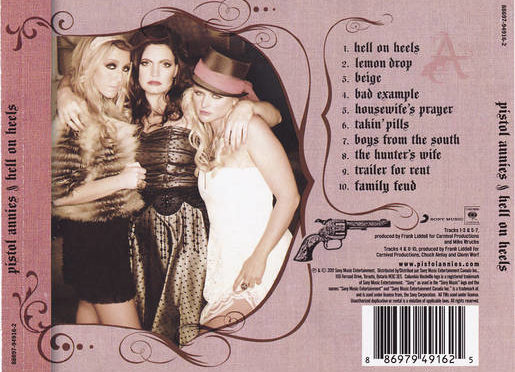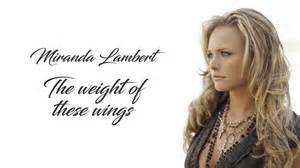I debated whether or not I should write this piece because it’s really quite personal, and I’m not sure if it will be relatable or have a point when I’m done here, but it’s still on my mind after a couple of days, so I’ll try my best to be articulate as I express my thoughts.
The inspiration for this piece came after the news that Miranda Lambert’s “Tin Man” fell from #38 on the Billboard Country Airplay chart this week to #42, despite its sales and the ridiculous spike after her ACM performance. Now, as I’ve seen a lot of people point out, Miranda has never had the greatest treatment at radio anyway. There’s also the fact that “Tin Man” is stripped down, not necessarily radio-friendly, and quite traditional, so it’s got those strikes against it–although “The House That Built Me” had all of these characteristics and still gave her a #1 hit. But the glaring fact is, a big part of this simply has to do with the fact that Miranda Lambert is female, and in 2017, despite all the think pieces and supposed inclusion of more women by the country awards shows, females are still systematically ignored on country radio and by the country industry as a whole–and if you think these awards shows really want to include more women, why are there fewer nominees for ACM Female Vocalist of the Year? Sure, more women have been signed to major labels recently, but they’re not generally given the same chances to succeed; there’s a quota for females on country radio, and Miranda Lambert and Carrie Underwood are filling it. And now it looks like Lambert will be replaced by Kelsea Ballerini, who is as non-country as Sam Hunt and the bros.
Keith Hill said back in 2015 that radio should “take women out.” The more infamous part was calling them tomatoes, but the more alarming part was taking them out. Lindi Ortega said then, “I can’t begin to describe to you how my blood boils at those words. Erase us, delete us…make it so we don’t exist.” And that’s what country radio is systematically doing–taking the female perspective so completely out that it’s shocking to imagine a woman’s point of view beyond the “girl” on the tailgate. Maren Morris recently spoke about this when she wrote that women in country can’t be sexual in their songs–they are supposed to be pretty and desirable but not write about their own desires. That inspired another piece which I haven’t yet written and have many conflicting feelings about writing–mostly because so many people I know will read it, and Maren Morris is a stronger person than I am–but it’s a more specific issue deriving from the same problem: take women, and their perspective, out. “Girls” are okay–and that’s why Kelsea Ballerini’s music can succeed on country radio; that, and that it isn’t country and seldom has substance.
So what actually happens when you take women out? I could go on about how it takes away their perspective in the mainstream, or how it leads to radio being one-sided and favoring music that marginalizes them, but I’m going to answer it from a personal place instead. I grew up in the late 90’s and early 2000’s, and one of the first country records I ever owned was a Dixie Chicks album, Wide Open Spaces. I fell in love with their music because it was country, but also because I could sing it and relate to it. They were women, and what they sang about appealed to me. I loved Martina McBride and Faith Hill, and later Miranda and Carrie. I sang an inordinate amount back then, so I will say that part of the appeal in their albums was that I could sing them; their ranges matched mine. But more than that, I related to them. I enjoyed plenty of music by male artists–and still do–but I naturally gravitated toward more women artists. Even today, on this blog, I can go back and look at the very few tens I’ve awarded–it’s a subconscious thing, but more of those records are by women. They have nothing in common in production, style, lyrics–but tens are set apart from nines for me because they can connect emotionally, and I have connected emotionally with more women in the history of running this blog, it seems.
The point of all this is that I fell out of love with country radio for the same reasons you all did; it lost its sound and its substance almost overnight. More than that, here in Oklahoma, radio killed Red Dirt around the same time. It had once lived on our radio stations along with mainstream music, but things like the rise of iHeart helped to destroy it. Even more than all of that, though, I became disenchanted with country radio because of the lack of women. I didn’t know then that there was all this independent music floating around just waiting to be discovered, and all of a sudden, I couldn’t relate to anything on the radio or sing along with any of the records. I mentioned that I sang, and I will now say that I grew up wanting to be those women. And I don’t think it’s even possible to do that now. You can’t turn on country radio and hear Miranda lambert as a young girl and say, “I want to sing like her” or get that passion for country music like I did. It’s the same thing I said in my piece about genre awhile back, that it makes me sad that your average young person can’t just turn on the radio and find and fall in love with traditional-sounding country. But even that’s starting to make its way back in, (slowly), with Stapleton, Morgan, Pardi, Midland…while the women are being pushed further and further out. Sure, there are plenty of them out there if you know where to look, but you have to love country first before you go seeking out Ashley Monroe and Angaleena Presley and Margo Price.
And I’m not saying a girl can’t fall in love with country from listening to men, or anything close to that; I’m only saying that in my case, I don’t think I’d be sitting here writing this if I hadn’t heard all those women on country radio back then, and if country radio’s systematic ignoring of females keeps even one girl from falling in love with this wonderful genre, then that’s the real problem, and the real danger of taking women out.
https://www.youtube.com/watch?v=12cUm2OwnPs


